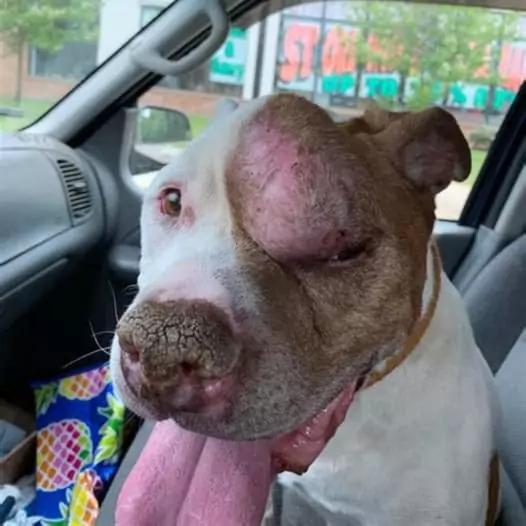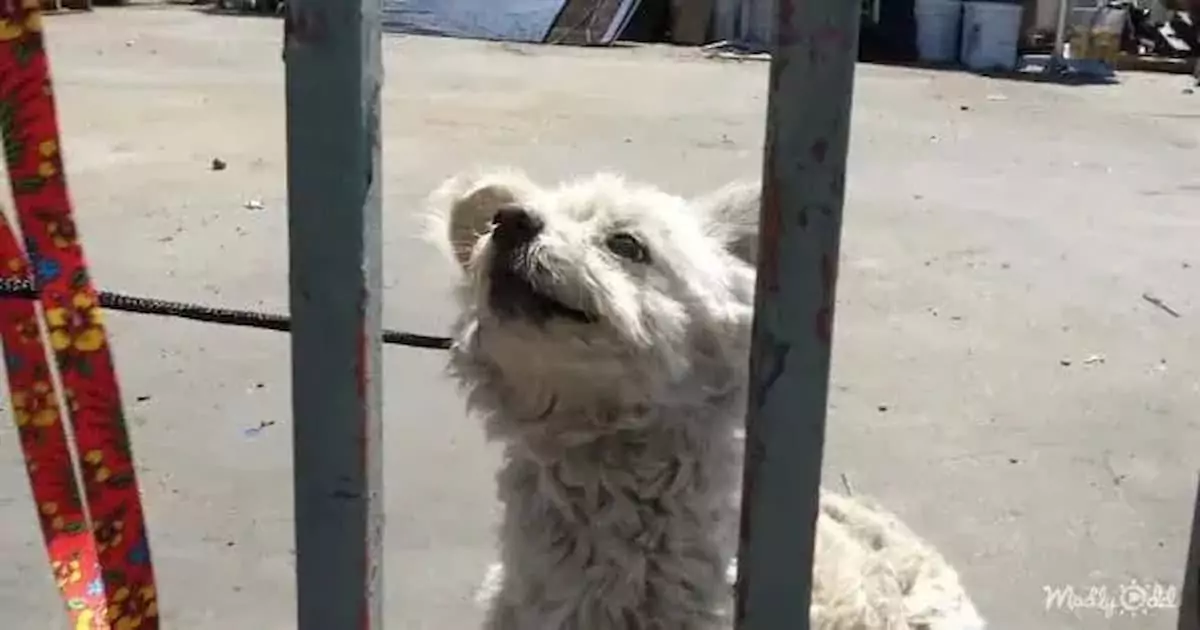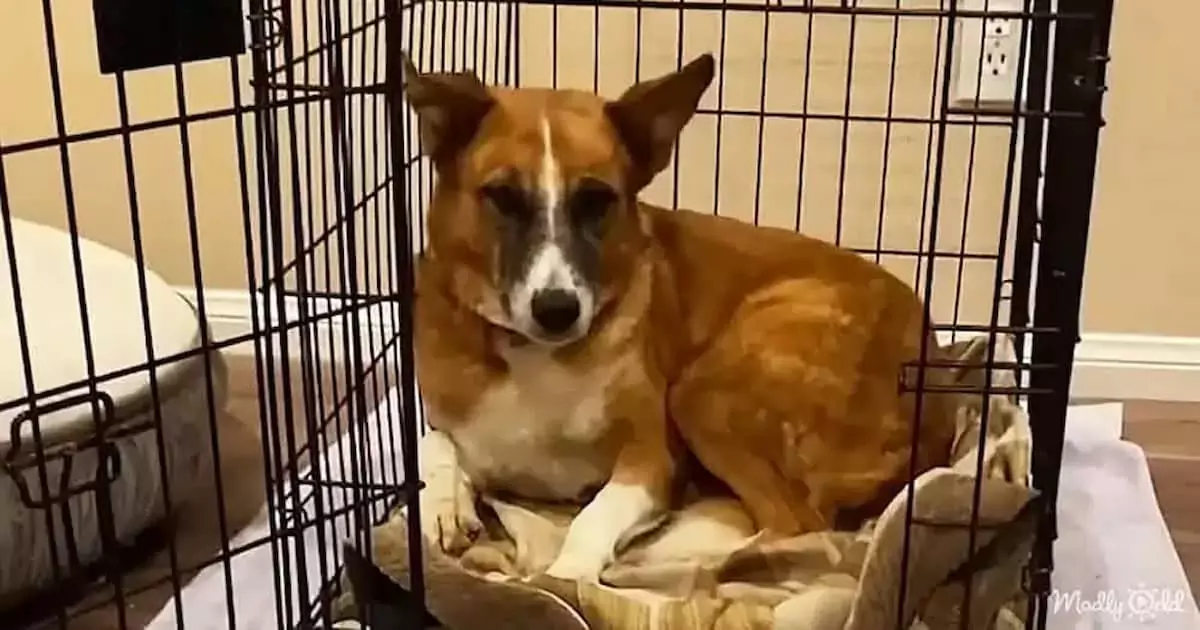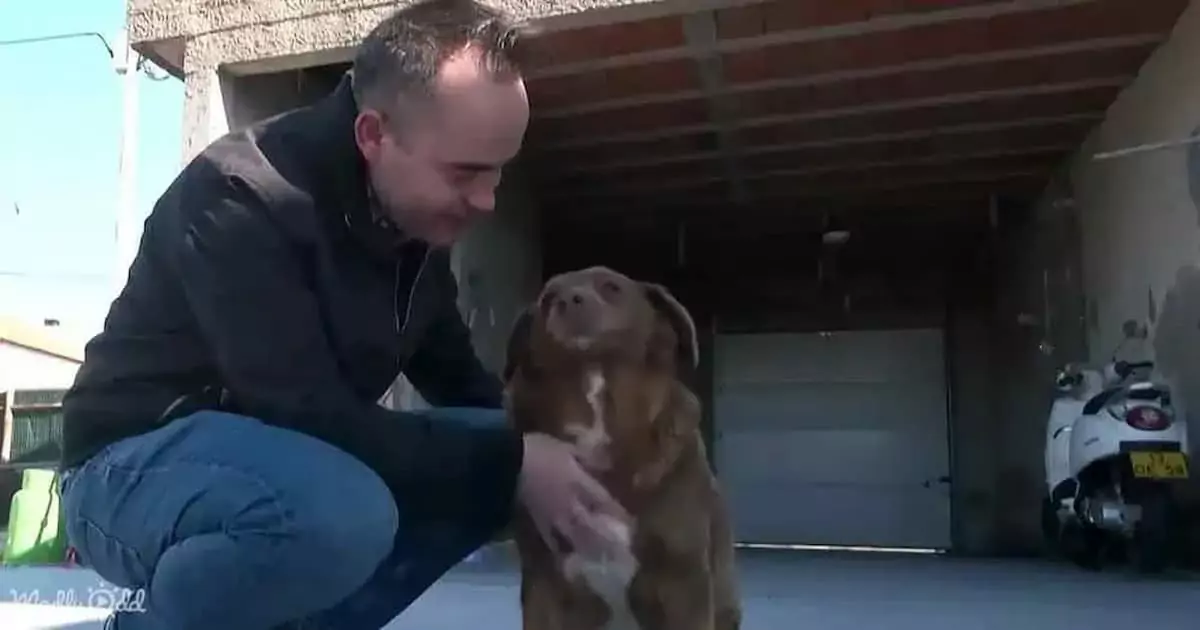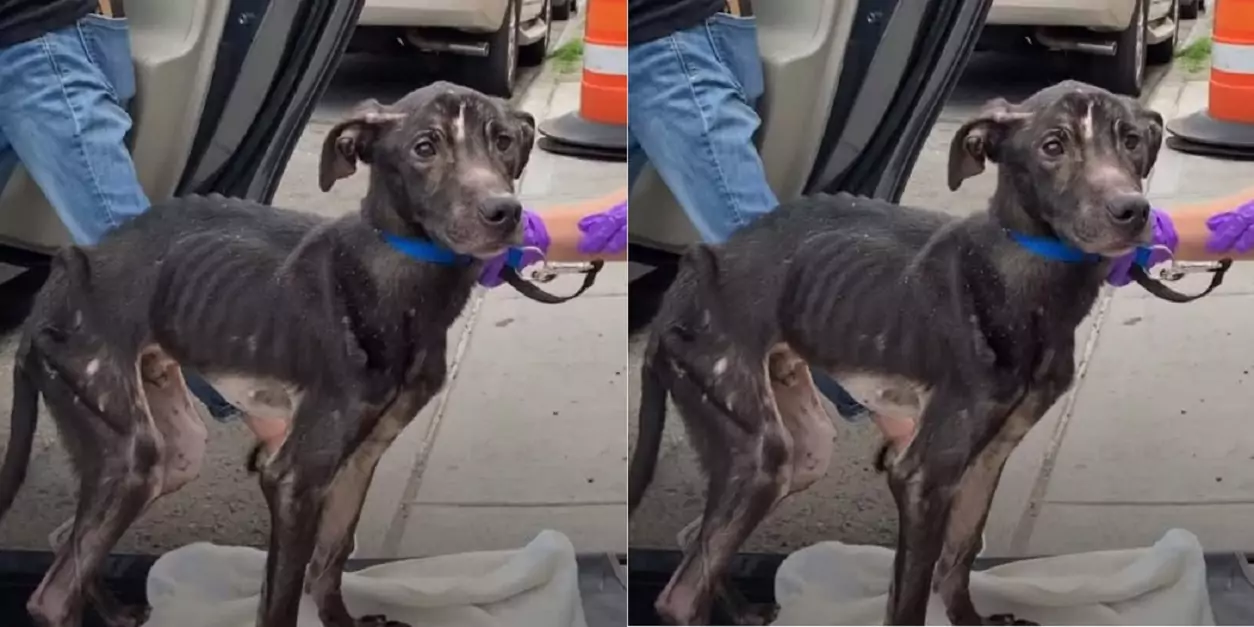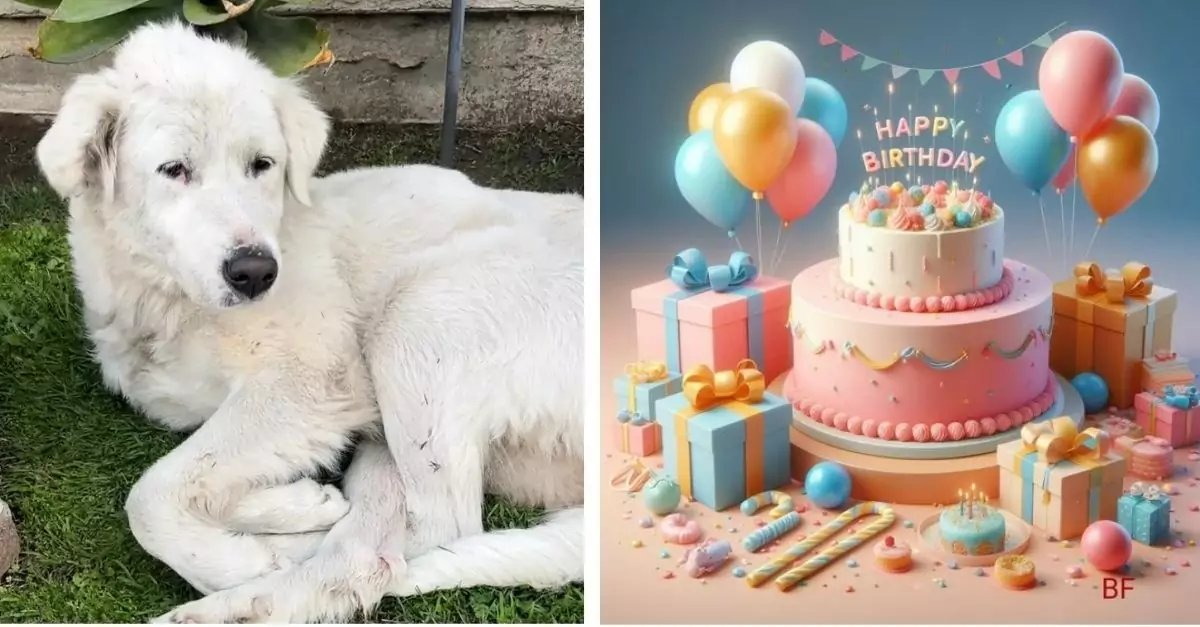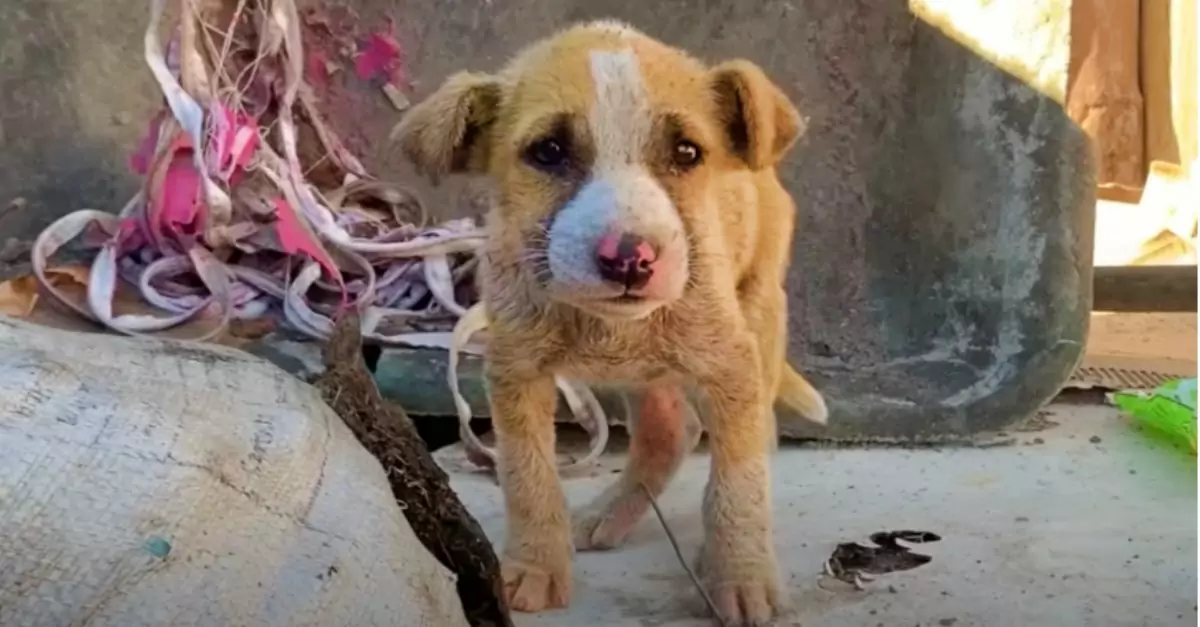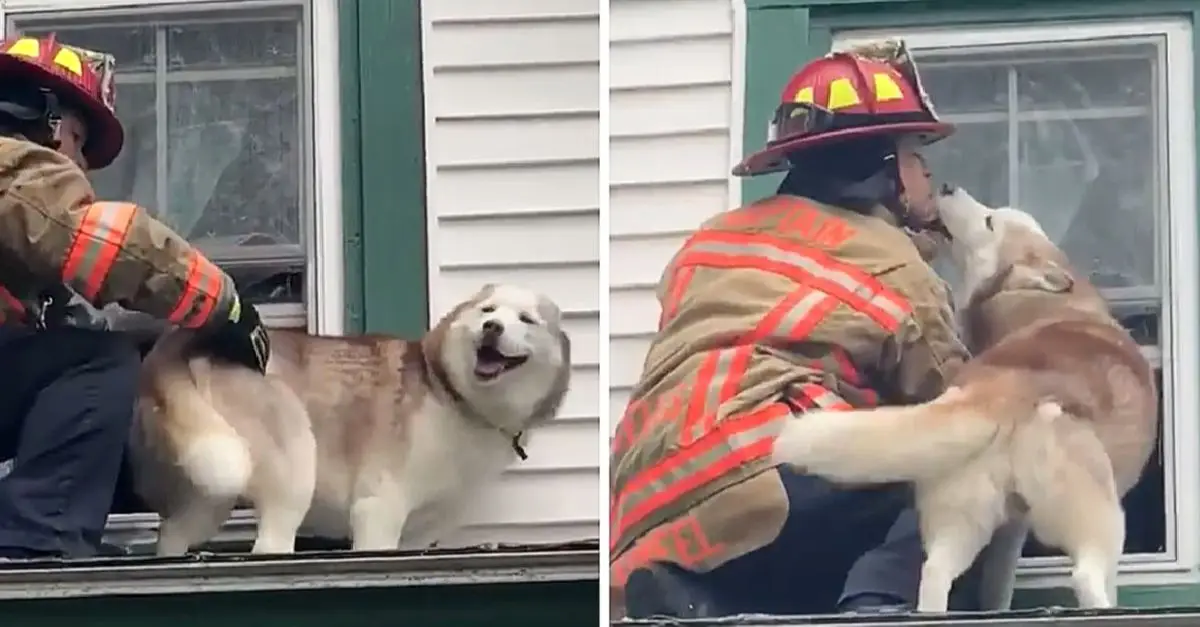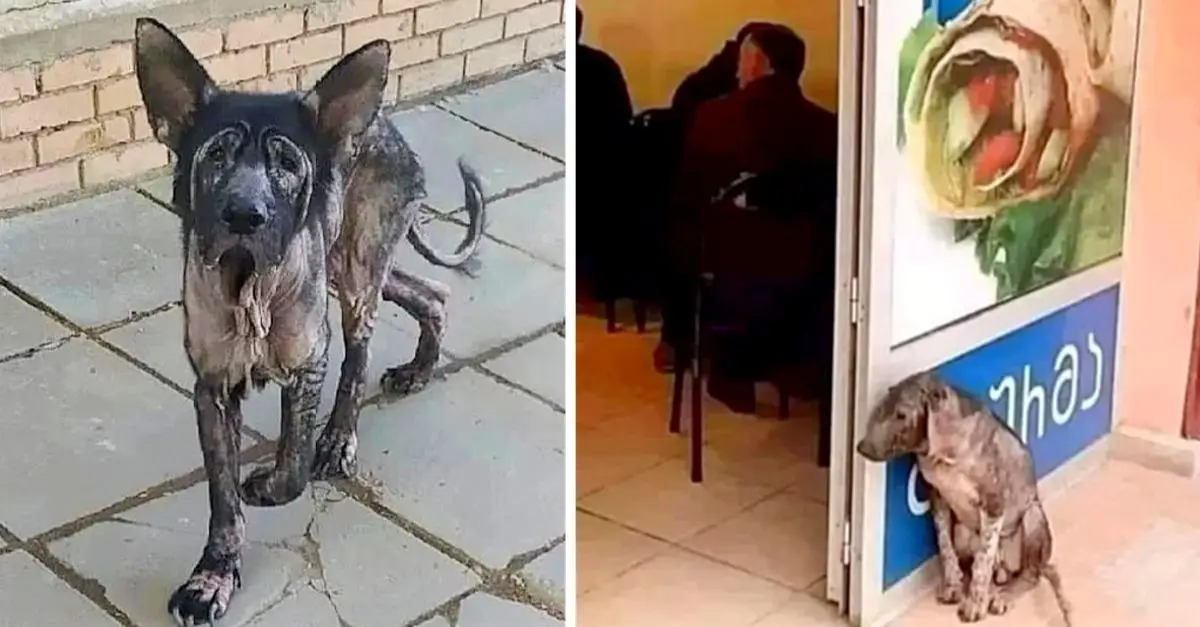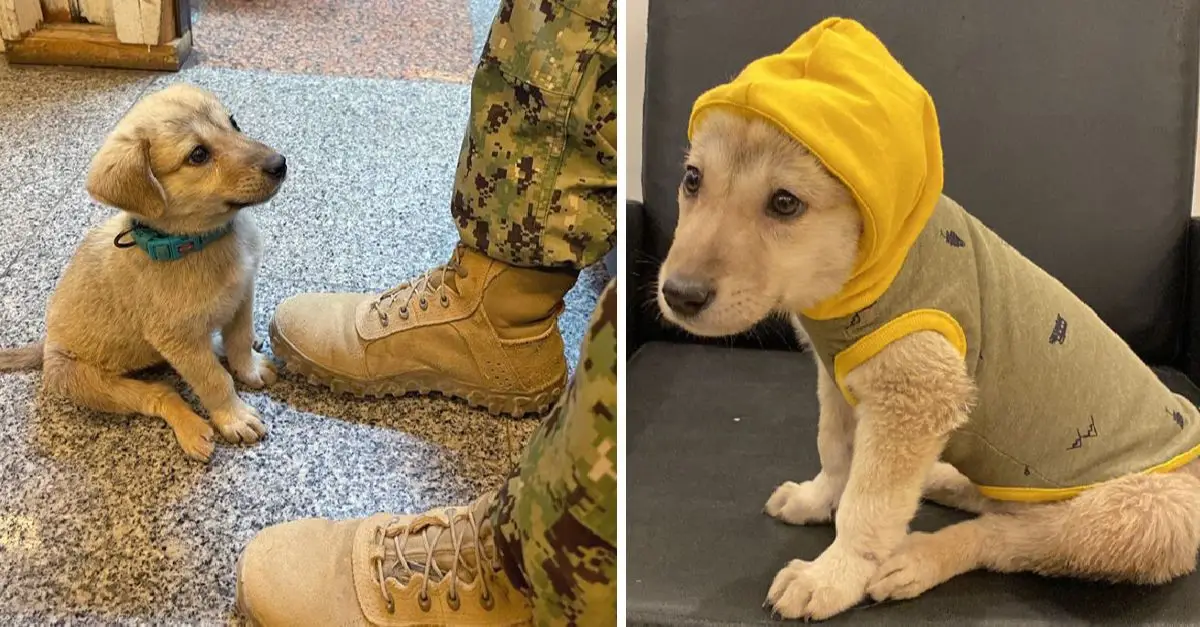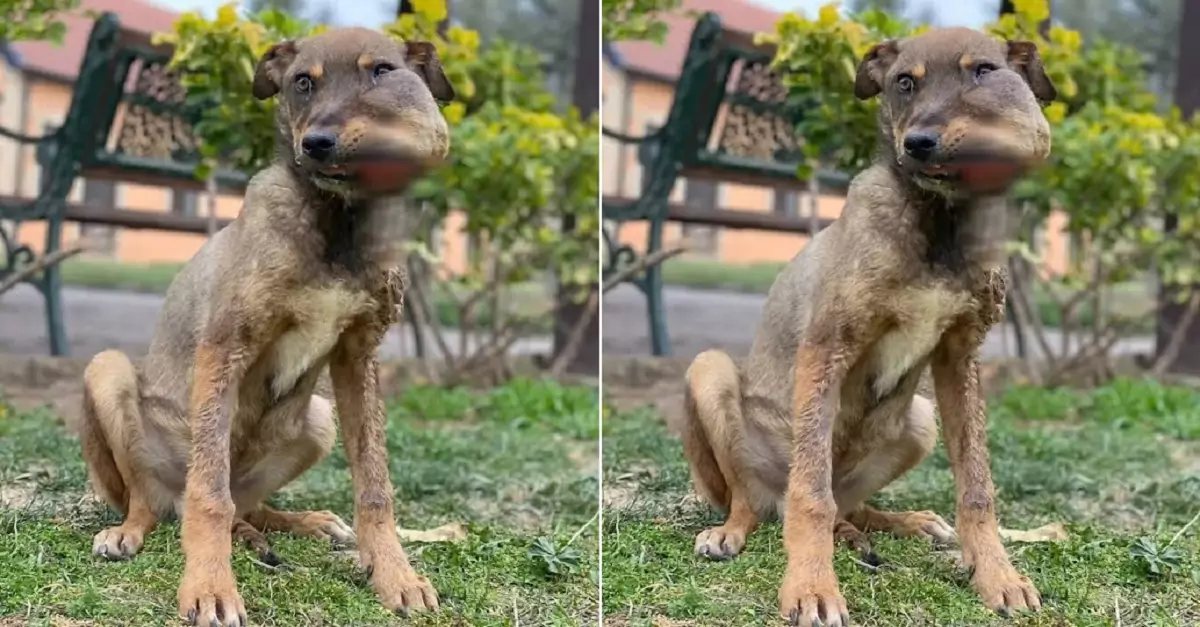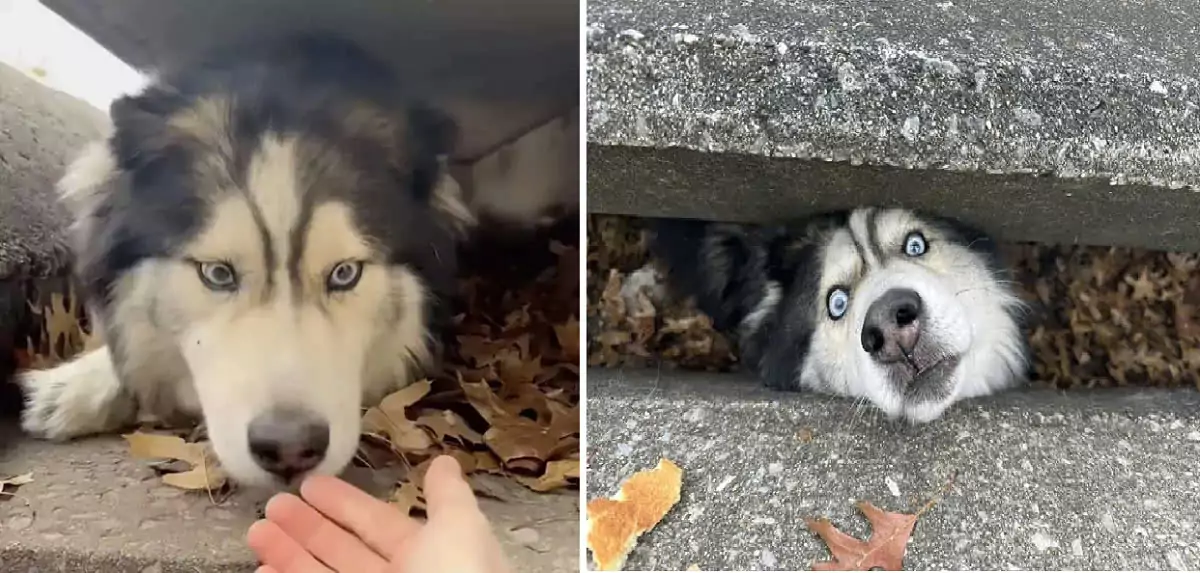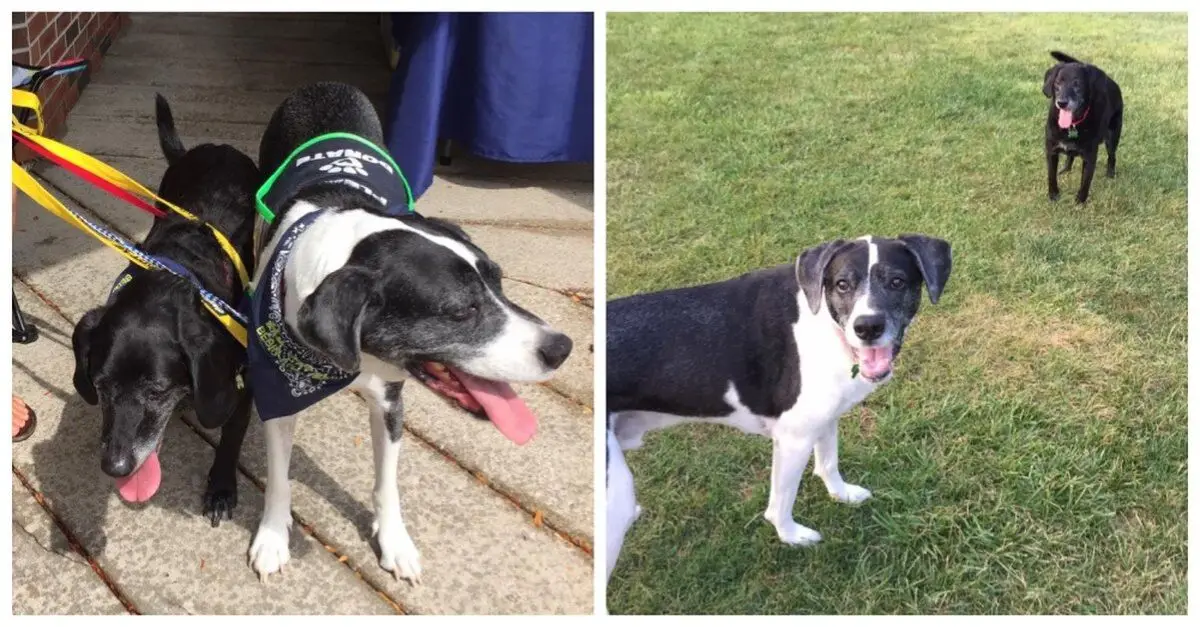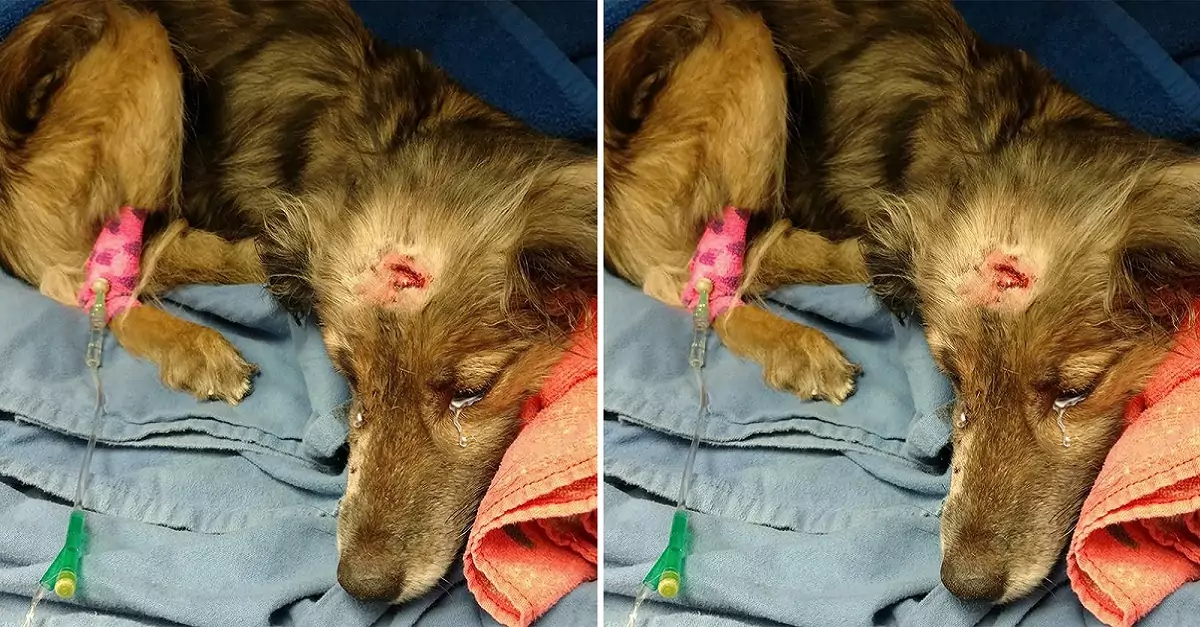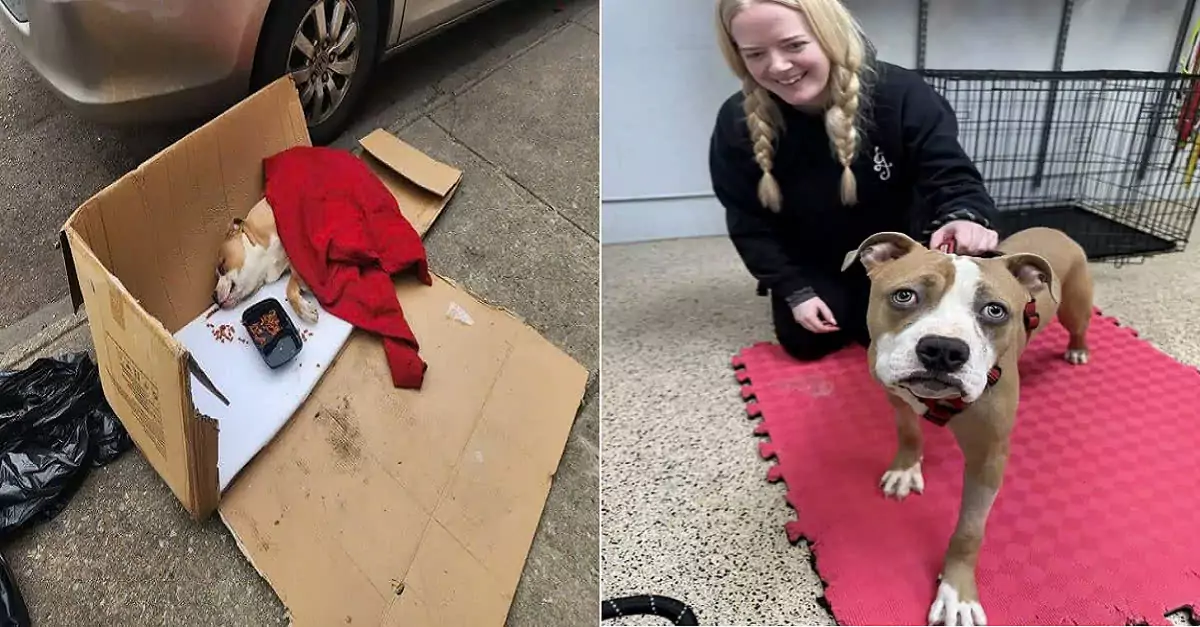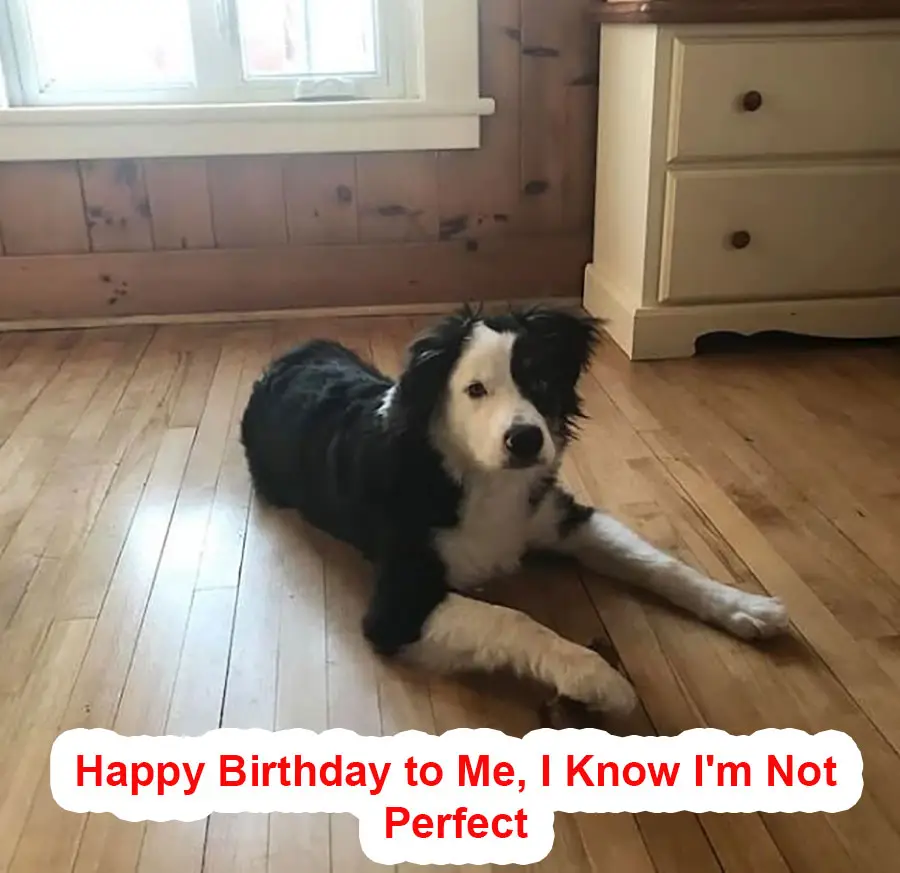The dog had always been full of life, bounding through the grass with an energy that seemed endless, eyes sparkling with joy at even the simplest of things—a ball tossed in the air, the sound of his human coming home, or the scent of freshly fallen leaves. But those days were becoming fewer. It all began with a small swelling in his right eye, something his owner had thought was just an irritation at first. After all, dogs get into all sorts of things when they play outdoors. But the swelling didn’t go away. It grew, slowly at first, then more noticeably, until one day, the dog could no longer see out of that eye.
A visit to the vet confirmed the worst—a tumor. It was pressing on his eye, and surgery wasn’t an option. His human, a kind-hearted woman who had loved him since he was a wobbly little puppy, was devastated. She watched as the dog’s world changed, the light dimming in one eye while the other still gleamed with the same love and devotion he’d always had for her.
At first, the dog didn’t understand what was happening. He bumped into things more often—doorways, furniture, even her legs. His once fluid movements became hesitant, as if he was unsure of the world around him. The loss of vision disoriented him. At night, when everything was quiet, he would sit by the window and stare out, his one good eye reflecting the stars, while the other was hidden beneath the growing mass of the tumor.
But dogs are resilient, more so than most people give them credit for. Slowly, day by day, he adapted. He learned how to navigate his familiar home using just one eye. He would tilt his head to the side, relying on his good eye to guide him, and his nose, which had always been his strongest sense, became his constant companion. He could still catch the scent of his favorite meals being prepared, and he could still feel the warmth of his owner’s hands as she stroked his fur gently, whispering words of comfort to him.
There were moments of frustration—times when he would try to run and misjudge the distance, skidding to a halt or stumbling awkwardly. But those moments became less frequent as he grew more accustomed to his new reality. His owner, though heartbroken to see him change, admired his strength. “You’re still my brave boy,” she would say, crouching down to meet his gaze, kissing the side of his face that was still bright and alert.
And though the tumor continued to grow, making the right side of his face look swollen and heavy, the dog found peace in his routine. He still wagged his tail when she came home. He still nuzzled into her lap during their quiet evenings together. He still perked up when she grabbed his leash, signaling it was time for a walk.
As time went on, the dog seemed to embrace the present. He no longer fought against the change. He wasn’t the same young pup who chased every butterfly in the yard or the sprightly dog that could run for hours. But that didn’t matter to him anymore. What mattered was the here and now—the love he still had, the warmth of his home, and the sound of his human’s voice calling his name.
On his walks, he learned to enjoy the small things. He would stop and feel the breeze on his fur, sniffing the air, savoring the world with his other senses. The walks became slower, less about where they were going and more about the journey itself. His owner never rushed him, understanding that these were his moments to enjoy life in a different way.
As the days passed, the dog’s world grew smaller. But within that smaller world, he found contentment. He could no longer see the birds flying overhead or the leaves falling from the trees, but he could still feel the earth beneath his paws, still hear the sounds of the world around him. He no longer chased after squirrels, but he enjoyed the simple act of lying in the sun, feeling the warmth seep into his bones.
His human made sure his last days were filled with love. She spoiled him with treats and belly rubs, letting him know in every way she could that he was still cherished, still important. She would sit beside him for hours, just being with him, knowing that their time together was limited but precious.
In the end, the dog didn’t need both eyes to see what truly mattered. Even though he had lost his sight in one eye, he hadn’t lost his ability to feel joy, to love, or to be loved in return. He lived his final days with a quiet grace, accepting what he could not change, and choosing to enjoy the time he had left.
When the day finally came for him to say goodbye, his human was by his side, holding him gently, her tears falling softly onto his fur. The dog, even in his last moments, felt the warmth of her love, the steady beat of her heart against his own, and he knew he had been lucky. Lucky to have found a life filled with love, even as the world around him faded into darkness.
And in his final breath, he found peace, knowing he had lived a life worth living—one filled with love, loyalty, and joy, even with just one eye to see it all.
